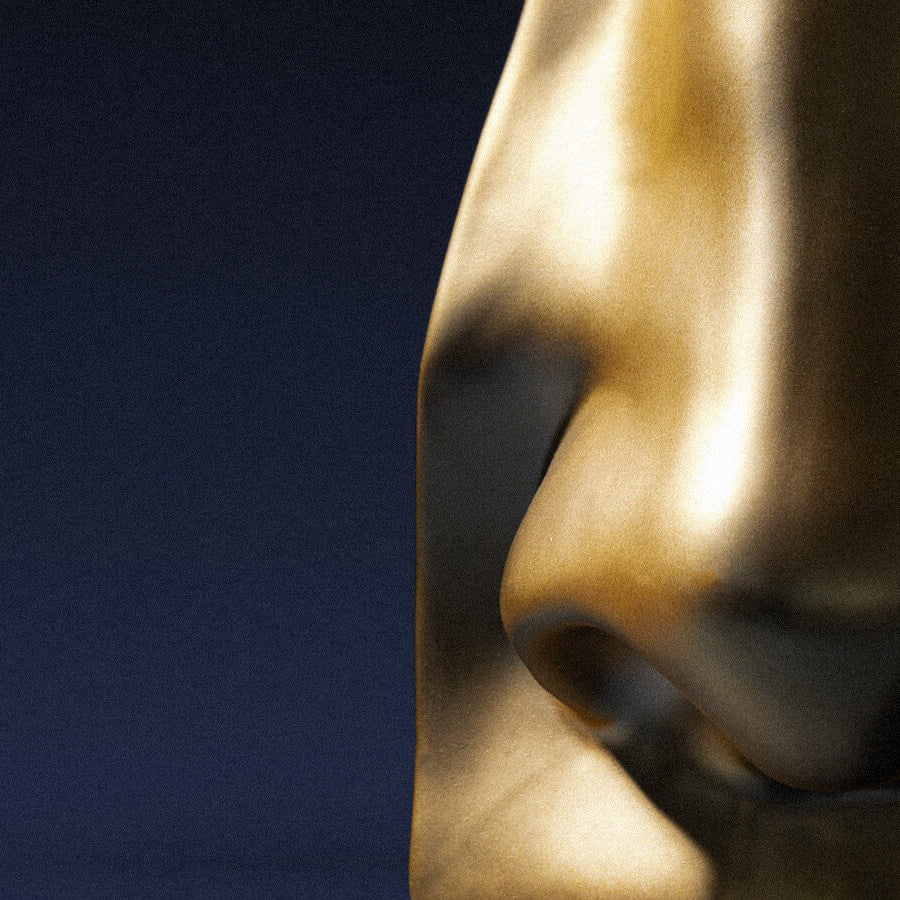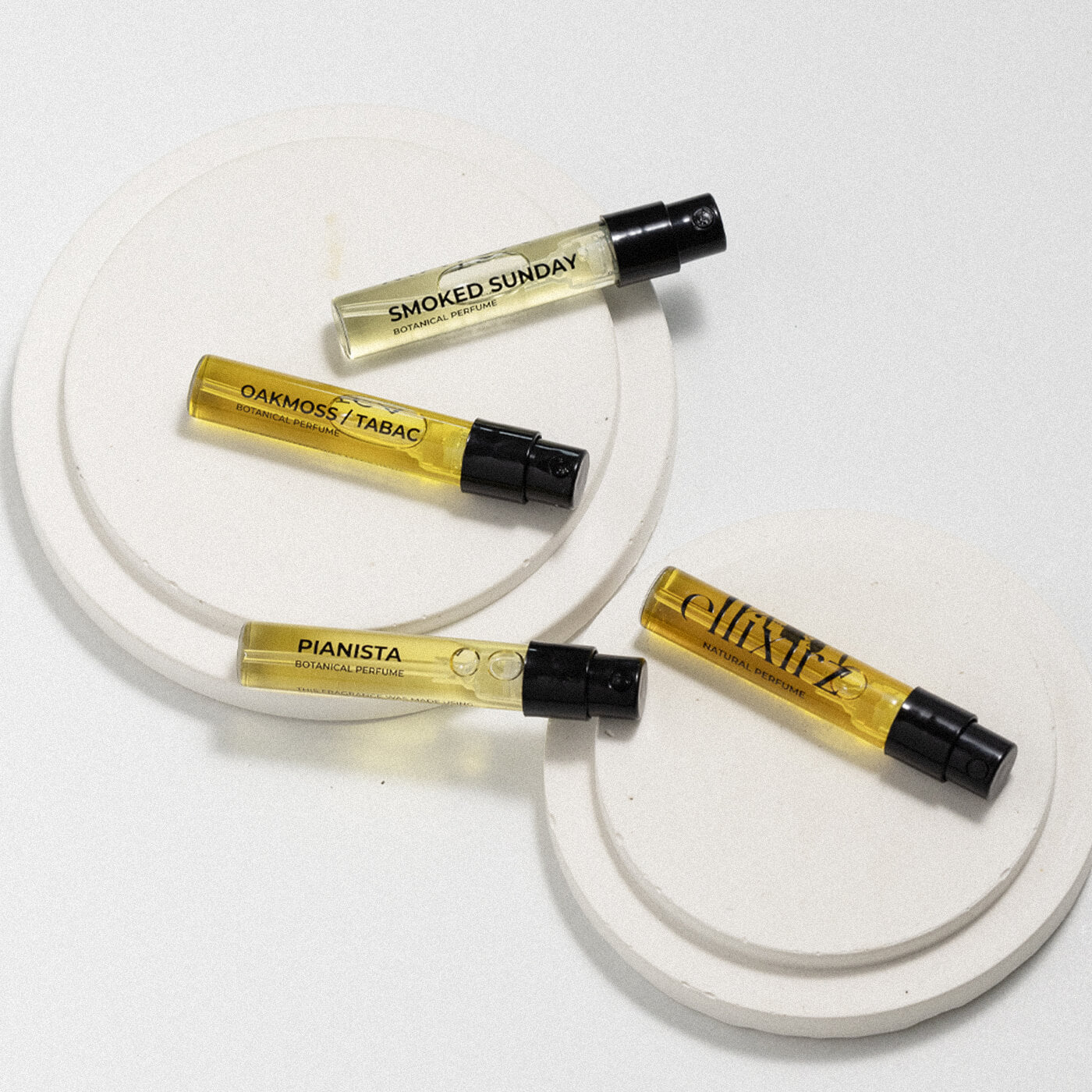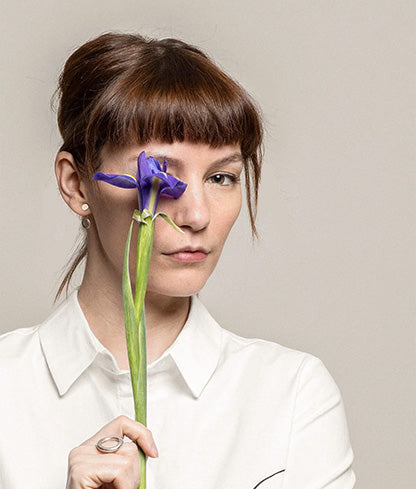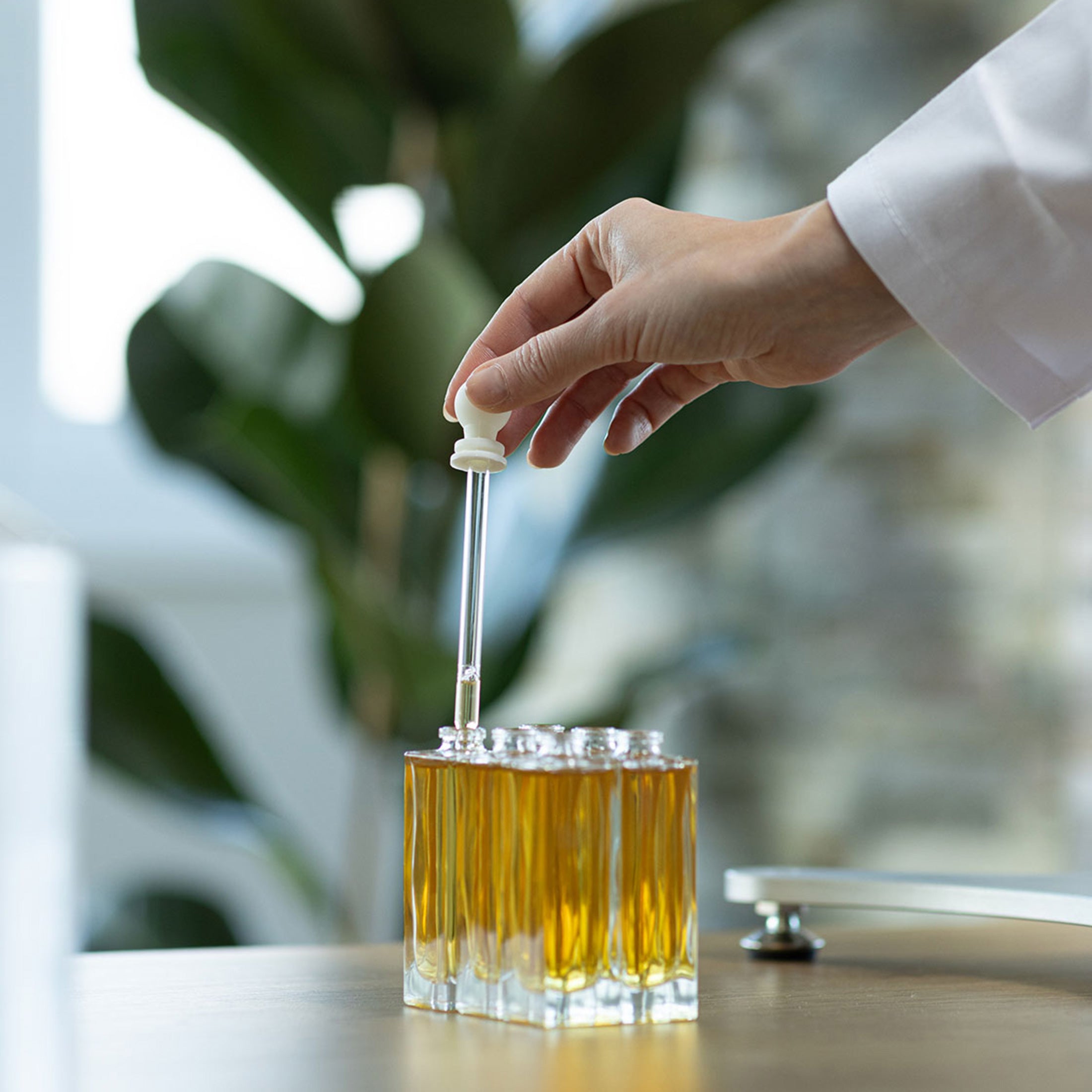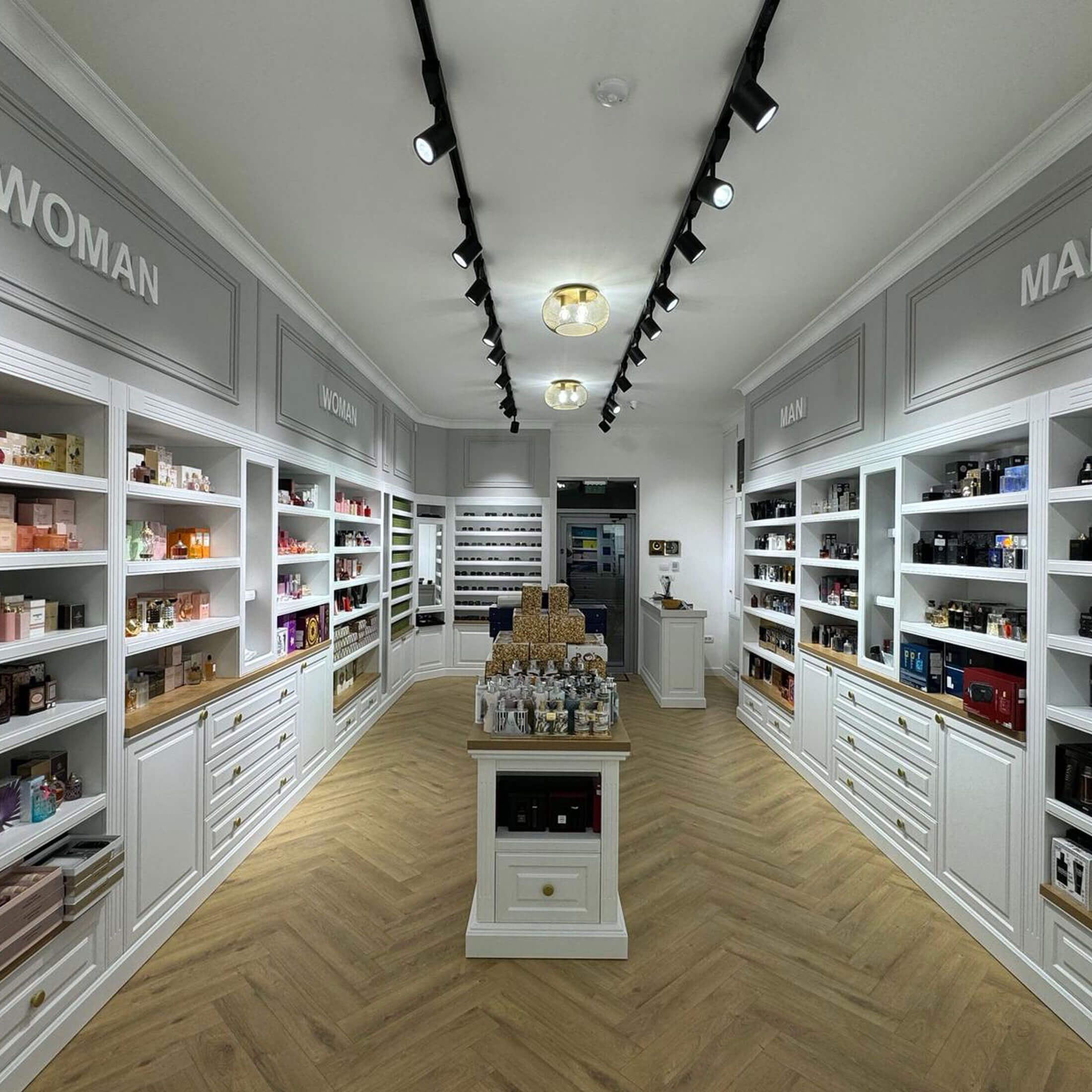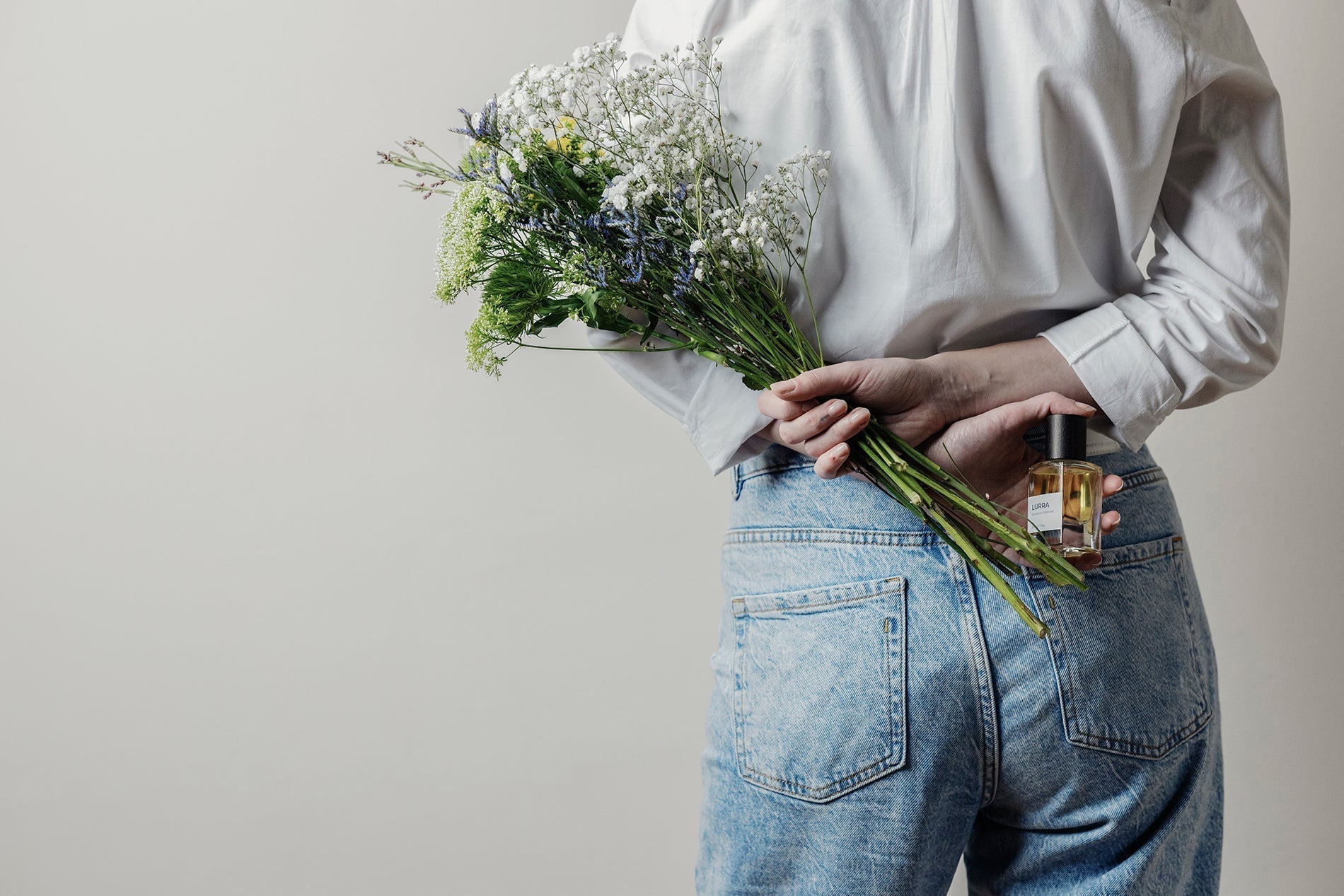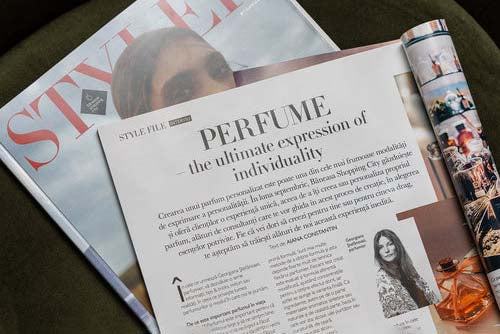
Interview "PERFUME – The Ultimate Expression of Individuality"
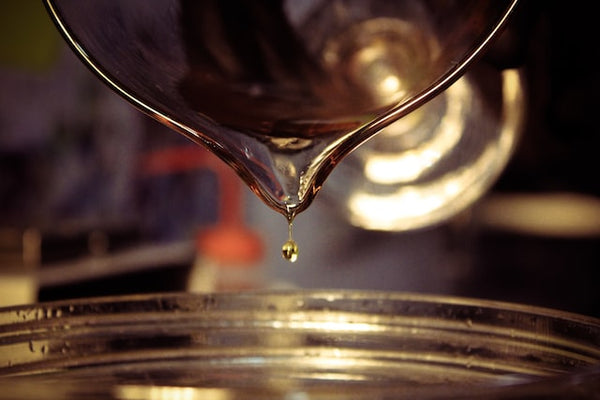
Full article available via this
link (pp. 134–135).
Interview by Aiana Constantin, Styler Magazine
Why is perfume important in our lives?
Perfume matters because it makes us smell good and feel good. It's timeless and universal — part of human life since ancient times. Wars were fought over precious aromatic essences, and for centuries, perfume has been wrapped in an aura of magic and mystery.
Can perfume complement our everyday outfits?
Absolutely. Just like accessories, perfume can elevate a daily look — it’s often seen as an extension of one’s personality. The clothes and accessories we choose say something about who we are or how we want to be perceived, and scent is no exception.
What are the steps in creating a perfume? Do you start with a story and build the scent around it? Can places or experiences influence the process?
Artistic perfumery always begins with a story — an idea, a place, a person, a sensation, or even an illusion. Starting from a theme and imagining the end result, specific aromatic ingredients are chosen and tested together using blotters. This is the stage where impact, blend, and possible evolution of the scent are evaluated. Ingredients are added or removed until a first draft of the formula is written. There are many methods to reach the final formula, and each perfumer has their own technique. Every test is evaluated, and the formula adjusted until it captures the desired effect. On the ingredient side, we have both natural and synthetic aromatic materials, and the base they sit in: alcohol, carrier oil, or solid wax.
How is a personalized perfume created? What does the process involve, and how long does it take?
There are several ways to create a custom scent. The simplest for the client is a modular approach, where the perfume is broken down into notes or accords. Accords are pre-built combinations — such as fresh, marine, woody, floral, citrus, green, aromatic — and they belong to top, middle, or base categories. By choosing from these, we can craft a perfume with a beautiful evolution. You can follow a theme or simply rely on your intuition — if a scent brings joy or sparks emotion, that’s a good sign. It’s best to leave rules and biases behind and let yourself be guided by the process and the scents.
Does the season influence what perfume we wear?
Ultimately, choosing a perfume comes down to your personality and the mood you want to embody. Some people love wearing bold scents every day, while others save them for special occasions. Certain fragrances bring courage, comfort, or a sense of protection. Most people naturally gravitate toward one or two olfactive families — fougère, oriental, leathery, citrusy, floral, aromatic, chypre, or woody — and tend to stick with what feels like "them." That said, perfume does behave differently depending on the weather. Fresh scents are typically associated with warm months, while more intense ones suit colder seasons. Keep in mind that heat will amplify strong aromas even more.
What scents would you recommend for autumn and winter?
Colder seasons can definitely handle more intense notes. Still, I believe you should wear whatever makes you feel your best. As long as you're mindful of those around you, feel free to wear something classic or daring — as long as it brightens your day.

Speaking of trends — are there any ingredients that perfumers are particularly drawn to these days?
Post-pandemic, our relationship with scent has shifted. The industry has also adapted, responding to political, social, and environmental concerns. Consumers are asking for more transparency, and for fragrances that are non-toxic and environmentally friendly. One ongoing trend is the use of bold notes that stand out — like musk, leather, and tobacco. Comforting scents, especially vanilla-based ones, continue to be popular as well.
What does “layering” mean in perfumery?
Layering means applying multiple scents (or combining scented creams and perfumes) directly onto the skin to create a unique composition. It’s a form of self-expression and personalization. You can also layer by applying different scents to different pulse points, depending on the desired effect. But be careful — if you go overboard or mix perfumes that are already complex, the result might be overwhelming. Keep it simple: test in advance and make sure you’re familiar with each layer’s personality. Ideally, start with the heavier or more intense scent, and layer the lighter, top notes on top.
What’s the difference between Eau de Cologne, Eau de Toilette, and Eau de Parfum? How do we know which to choose?
Eau de Cologne (EDC) has 3–5% perfume concentration, Eau de Toilette (EDT) 4–8%, Eau de Parfum (EDP) 8–15%, and Parfum or Extrait 15–30%. The higher the concentration, the longer it tends to last on skin. EDT is the most common and often more affordable, suited for daytime wear. EDP can be more intense and elegant, making it ideal for evenings.
Cologne itself dates back to the Middle Ages. Its inventor in 1709 described it like this: “My perfume reminds me of a beautiful spring morning after the rain. It’s made of oranges, lemons, grapefruit, bergamot, flowers, and fruits from my homeland... It refreshes me while stimulating my senses and imagination.” The goal of Cologne, then and now, is to bring freshness and a clean feeling.
How does perfume interact with skin pH?
pH plays a big role in how a perfume performs, along with temperature, hydration, diet, medication, climate, and even hormonal cycles. Skin acidity varies — dry skin can have a pH of around 4, while oily skin can go up to 6.5–7. Despite extensive research on skin morphology and properties, we still know surprisingly little about how perfume behaves chemically and physically once it touches the skin.
Any tips for making perfume last longer after application?
Perfume fades faster on dry skin. To make it last longer, hydrate well and consider using an unscented body lotion or oil beforehand — it helps anchor the fragrance. Also, temperature matters: in hot weather, perfumes tend to evaporate more quickly.
How should we store our perfumes to keep them fresh for longer?
Definitely keep them out of the bathroom — humidity is not their friend. Store your perfume in a slightly dark, cool room — a drawer or cabinet is perfect, away from sunlight and heat. Also, be aware of oxidation: as the bottle empties and more air gets in, the fragrance can change. If you’ve used more than half, don’t forget it in a drawer — enjoy it while it’s still fresh.


